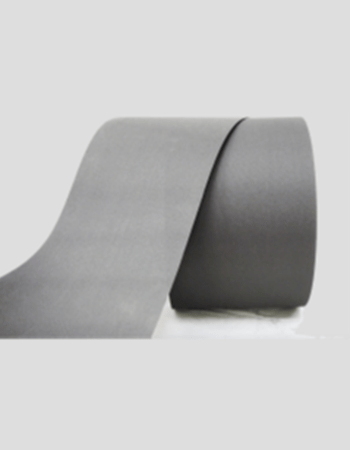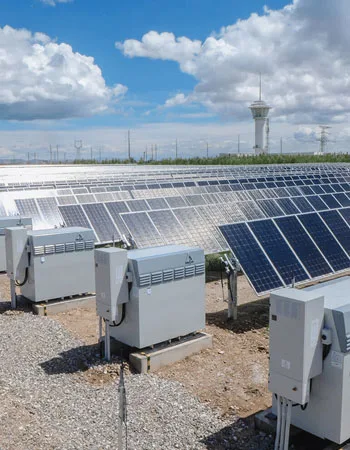Redox flow batteries store excess energy from the grid or from intermittent renewable energy sources via electrolyte solutions, allowing scalable and long-term storage for grid stability and additional peak capacity. Carbon materials (typically cloth or fabric) serve as a versatile electrode in redox flow batteries due to their porous and conductive structure. The large surface area of carbon cloth facilitates reaction kinetics, enhancing battery efficiency, while its chemical stability and durability ensure prolonged cycling performance. The cloth-based electrode promotes even electrolyte distribution, reducing concentration polarization and enhancing overall battery efficiency. AvCarb utilizes a proprietary process that uniformly activates the surface of the cloth or fabric to further enhance the performance of the material.



